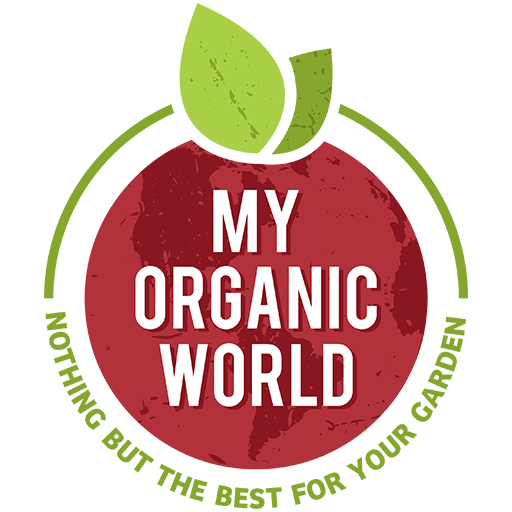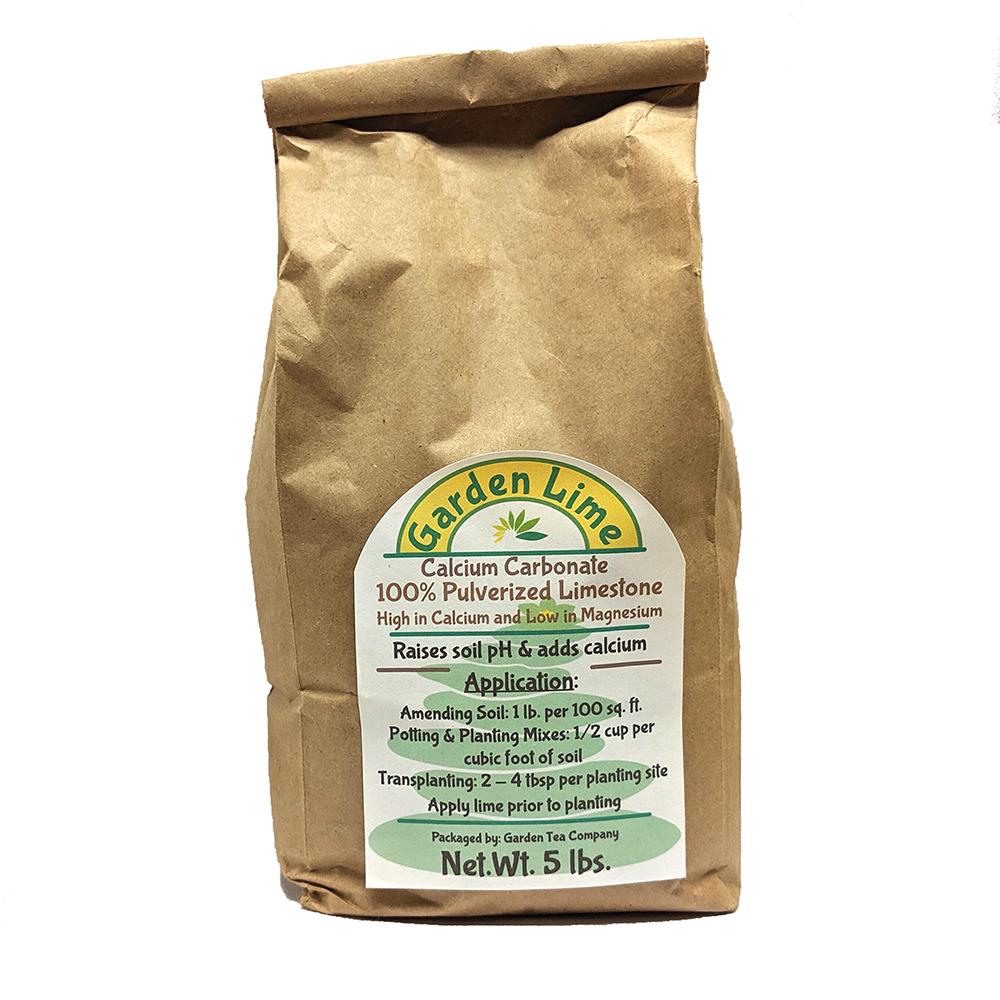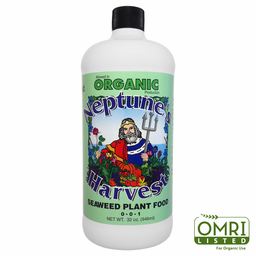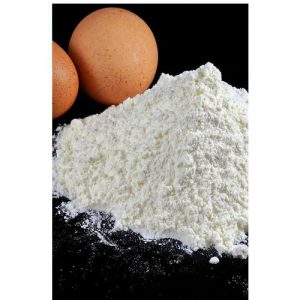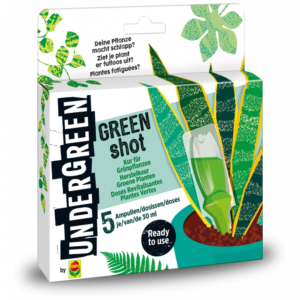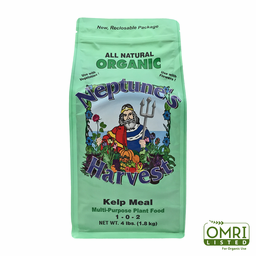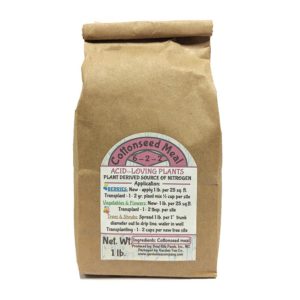Garden Lime
2,500 د.ك
Limestone has been used throughout modern agricultural history for adding fertility to soil. Considered a soil conditioner, lime helps to neutralize acidic conditions and toxic elements, improve soil structure, support beneficial bacteria, and will improve the availability of soluble nutrients. Annual applications of lime to turf / pasture grasses, orchards, vineyards, garden beds and agricultural soil is extremely beneficial to help maintain optimal soil pH for crop production.
Garden Lime, also known as Agricultural Lime, is mined from 100% pure limestone. Large deposits of these sedimentary stones can be found around the world. Our pure Hi-Cal garden lime is predominantly calcium carbonate at 96% and derived from the remains of ancient sea life which incorporated calcium into their shells thus leaving behind a pure calcium content.
This high calcium agricultural lime will help to raise or sweetens the pH value in acidic soils especially dense clay soils. Garden Lime helps to balance the availability of other nutrients while also adding the benefit of slowly released calcium. We recommend using Agricultural Lime for those needing pH adjustment and additional calcium, this is a welcome addition to the mineral makeup of most garden soils
A decrease in soil pH, know as soil acidification, is a natural process that is accelerated by crop production practices, especially the use of nitrogen (N) based fertilizers and heavy tillage. Acidic soil conditions can also result from the decomposition of organic acids found in plant liter, the leaching of nutrients (calcium, magnesium, potassium and sodium), and an accumulation of toxic elements such as aluminum and sulfur. Soils with low pH levels, below 5.0, contain higher levels of available aluminum and manganese that can be toxic to plants an may inhibit growth and greatly reduce yields.
For best results have your soil tested to determine the soil texture and the current soil pH. The amount of liming materials needed to adjust your soil pH will vary based upon your soil texture and the current soil pH. For example it requires more lime to raise the pH of clay soil than it will to adjust sandy loam. Use the chart below to determine an initial application of lime. If a soil pH test is not available then half of the amount recommended below should be sufficient for annual pH maintenance.
Application Rates:
- 5-10 pounds per 100 sq. ft.of garden soil
- 1/2 cup per cubic foot of potting soil
Pounds of Limestone Needed per 1000 sq. ft. to increase soil pH to 6.5
|
If your soil pH is: |
4.0 |
4.5 |
5.0 |
5.5 |
6.0 |
|
Soil Texture |
|||||
|
Sandy loam |
100 lbs |
80 lbs |
65 lbs |
45 lbs |
20 lbs |
|
Loam |
175 lbs |
150 lbs |
110 lbs |
75 lbs |
35 lbs |
|
Clay |
230 lbs |
200 lbs |
150 lbs |
100 lbs |
50 lbs |
How to Apply Lime: When possible, lime should be worked into the top 6 inches of soil to ensure it is incorporated into the root zone of soil. This can be performed when soil is turned / tilled or after an aeration for lawns and turf grasses. For no-till gardener’s lime can be broadcast over the soil surface by hand or with a broadcast seeder. Keep in mind that lime moves very slowly in the soil and can take several years to move down a few inches.
When to Apply Lime: Lime can be applied at anytime of the year prior to planting crops. Lime is most effective when applied during the late autumn or early winter as limestone takes several months to properly react and correct soil acidity. Applying lime about 4 – 6 months in advance of seeding or transplanting your projected crops will ensure it has time to take effect. Lime can be applied to cold, frozen or dormant soils. Limestone should be broadcast evenly across the soil to ensure consistency. When planting fruiting trees and shrubs (other than acid loving crops which do not require lime) it is best to incorporate lime into the planting site and with the back-fill soil.
Mineral Content
Calcium Carbonate (CaCO3)…………. 96.00%
Total Calcium (Ca)……………………….. 38.00%
Magnesium (Mg)………………………….. 0.50%
متوفر في المخزون
